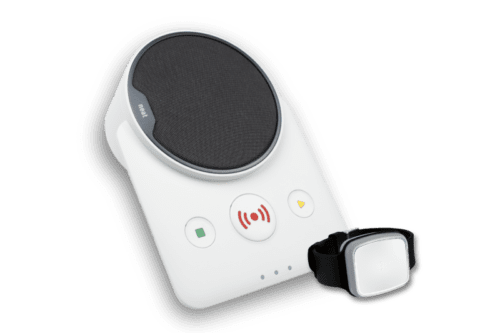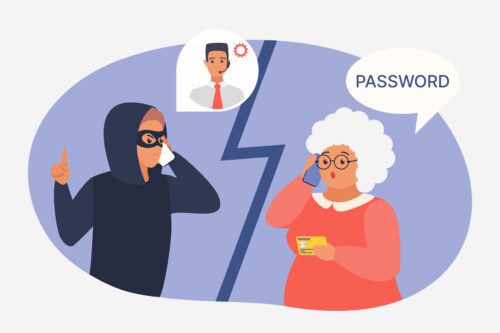
There are currently around 900,000 people with dementia in the UK. This is projected to rise to 1.6 million people by 2040. Many of us will have to deal with this issue at some point with an elderly relative. How can we tell if our elderly relatives have Alzheimer’s?
Symptoms
The symptoms of Alzheimer’s disease gradually worsen over a period of years because it is a degenerative condition that affects multiple brain functions. The first sign of Alzheimer’s disease is usually minor memory problems. Additional signs include:
- confusion, disorientation and getting lost in familiar places,
- difficulty planning or making decisions.
- problems with speech and language,
- problems moving around without assistance or performing self-care tasks,
- personality changes, such as becoming aggressive, demanding and suspicious of others,
- hallucinations (seeing or hearing things that are not there) and delusions (believing things that are untrue),
- low mood or anxiety
Advice on how to talk to a loved one about Alzheimer’s
50% of us say we don’t feel confident having this kind of discussion, and the conversation can be made even more difficult if they are already showing signs of Alzheimer’s or are worried and in denial.
If the symptoms above are seen in your loved ones, try to talk with them. Raising the issue of Alzheimer’s can be a difficult experience. Here are some helpful suggestions:
- Be Empathetic – Use non judgemental language to put them at ease.
- Highlight the fact you care about them as the reason for you raising the issue
- Be honest with them
- Be tactful and ask how they are feeling about their memory
- Don’t create a sense of blame. Rather than telling them they can’t make a cup of coffee, tell them you have noticed they find it difficult to make a cup of coffee
- Once your relative begins to open up about recent memory loss or other symptoms, it’s then really good to be positive and make a plan of action together. This will reduce the feelings of isolation and will make them feel like they are not facing Alzheimer’s alone.
During the conversation, don’t be upset if they are in denial and refuse to accept what you have said. If they are frightened or confused, this kind of reaction is completely normal. However, if you are able to give examples of situations that you are concerned about, then this may help.
Listening to their concerns is also really important. They may initially find this very awkward and difficult to talk about, so allow a lot of time to listen and draw them out.
Questions to Ask:
- You seem worried; can I talk to you about it?
- You don’t seem yourself today, how are you feeling?
- I really want to help you, what are you finding difficult at the moment?
- I am always here to talk, I’d like to hear how you’re feeling at the moment?
- Can we talk for a bit about how things are for you?
Once an open discussion has started, you may be surprised at what you hear. But don’t be judgmental, and remain calm at all times. Once your elderly relative opens up, the next step would be to make an appointment with their GP. This is a really positive step. Diagnosis of Alzheimer’s will then open up a whole range of services and support for the sufferer.
You can then have peace of mind, knowing they are receiving the correct level of care for the condition of Alzheimer’s or dementia.
Information about Alzheimer’s disease can be found at the Alzheimer’s Society website.
Thank you for reading. We hope you found this article beneficial. For more useful information like what is found above, please visit our blog.









